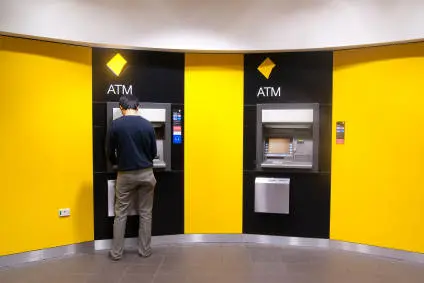Can My Bank Account be Levied?
What are the rules for account levy?
I purchased a car about 2 years ago and can no longer afford the payments. I am 2 months behind. I want to do a voluntary repossession. I can not, no matter how I look at my finances, afford this payment. I closed out a 401K plan I had with my employer, and used that money to purchase an older, used car. My question is, can they put a levy on my bank account? I believe that in the state of NC they can't garnish my wages, is that correct?
A financial account levy — sometimes called an account garnishment, attachment, or account freeze — is the result of a court’s judgment or a government agency’s administrative action. A consumer should never be surprised by an account garnishment, as most states have civil procedure laws and agencies have rules requiring the consumer to receive a notice before the levy occurs.
The procedure for levying bank accounts, as well as what amount, if any, a debtor can claim as exempt from the levy, is governed by state and federal law. Many states exempt certain amounts and certain types of funds from bank levies, so a debtor should review his or her state’s laws to find if a bank account can be levied. See the Bills.com resource State Exemption & Consumer Laws for an overview of each state’s exemption amounts.
Receiving Notice of an Account Levy
An original creditor, or a collection agent that owns a debt account, has several legal means of collecting a debt, including wage garnishment and lien. But before the creditor can start, the creditor must go to court to receive a judgment. A court (or in some states, a law firm for the plaintiff) is required to notify the debtor of the time and place of the hearing. This notice is called a “summons to appear” or a “summons and complaint.” In some jurisdictions, a process server will present the summons personally. In others the sheriff’s deputy will pay a visit with the summons, and in others the notice will appear in the mail. Each jurisdiction has different civil procedure rules regarding proper service of notice. See Served Summons and Complaint to learn more about this process.
If a consumer does not answer the complaint, the court will award the creditor a default judgment. Depending on the state’s rules, the court may or may not notify the consumer of the judgment. After the creditor receives the judgment, it may chose to garnish wages, ask for an account levy, ask for a writ or replevin to seize the consumer’s personal property, or place a lien on the consumer’s real property.
To learn more, please read our collections advice Web page. If you are struggling with debt I encourage you to visit the Bills.com debt relief savings center to get no-cost, no-obligation quotes from pre-screened debt settlement service providers.
Your Question
You mentioned North Carolina. North Carolina has a 100% exemption on wages, and a $500 exemption for a bank account. The exemption amount is the amount the creditor must leave behind.
I hope this information helps you Find. Learn & Save.
Best,
Bill
Struggling with debt?
Debt is used to buy a home, pay for bills, buy a car, or pay for a college education. According to the NY Federal Reserve total household debt as of Q4 2023 was $17.503 trillion. Auto loan debt was $1.607 trillion and credit card was $1.129 trillion.
According to data gathered by Urban.org from a sample of credit reports, about 26% of people in the US have some kind of debt in collections. The median debt in collections is $1,739. Student loans and auto loans are common types of debt. Of people holding student debt, approximately 10% had student loans in collections. The national Auto/Retail debt delinquency rate was 4%.
The amount of debt and debt in collections vary by state. For example, in Arkansas, 35% have any kind of debt in collections and the median debt in collections is $1553. Medical debt is common and 18% have that in collections. The median medical debt in collections is $561.
While many households can comfortably pay off their debt, it is clear that many people are struggling with debt. Make sure that you analyze your situation and find the best debt payoff solutions to match your situation.
